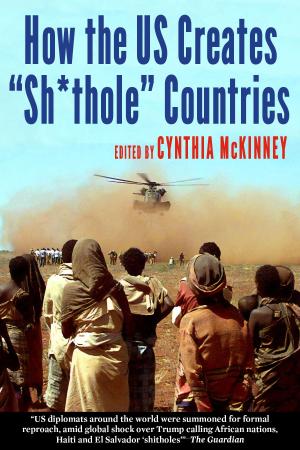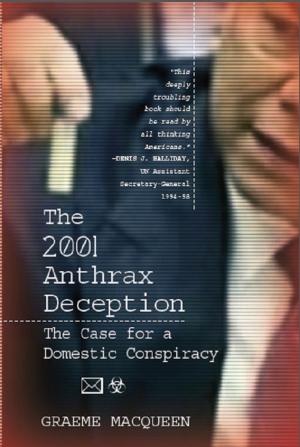| Author: | Rob Buitenweg | ISBN: | 9780932863867 |
| Publisher: | Clarity Press | Publication: | January 5, 2010 |
| Imprint: | Clarity Press | Language: | English |
| Author: | Rob Buitenweg |
| ISBN: | 9780932863867 |
| Publisher: | Clarity Press |
| Publication: | January 5, 2010 |
| Imprint: | Clarity Press |
| Language: | English |
In today’s globalized world, all people are within “six stepsâ€-six links of acquaintanceship-of every other person in the world. Yet a significant percentage of the world’s population lives in abject socio-economic misery, exploited, slaving in horrible working conditions, without enough food or education, and highly susceptible to illness and disease. How is it possible that this occurs to people who are only ‘six steps’ away from us? How can human misery continue despite the economic, technological and moral progress mankind has made? In particular, how can this misery continue despite the economic, social and cultural human rights that are recognized by many legal, international and national, documents? These rights, like the right to adequate housing, to food, to health(care) and to social security are intended to alleviate human misery and, in so doing, contribute to a dignified life. Knowing that these rights exist might lead one to think: is not such widespread, socio-economic human misery a violation of people’s human rights, more especially of their economic, social and cultural rights? This book addresses the rights, the wrongs, the law, and what we need to do.
In today’s globalized world, all people are within “six stepsâ€-six links of acquaintanceship-of every other person in the world. Yet a significant percentage of the world’s population lives in abject socio-economic misery, exploited, slaving in horrible working conditions, without enough food or education, and highly susceptible to illness and disease. How is it possible that this occurs to people who are only ‘six steps’ away from us? How can human misery continue despite the economic, technological and moral progress mankind has made? In particular, how can this misery continue despite the economic, social and cultural human rights that are recognized by many legal, international and national, documents? These rights, like the right to adequate housing, to food, to health(care) and to social security are intended to alleviate human misery and, in so doing, contribute to a dignified life. Knowing that these rights exist might lead one to think: is not such widespread, socio-economic human misery a violation of people’s human rights, more especially of their economic, social and cultural rights? This book addresses the rights, the wrongs, the law, and what we need to do.















